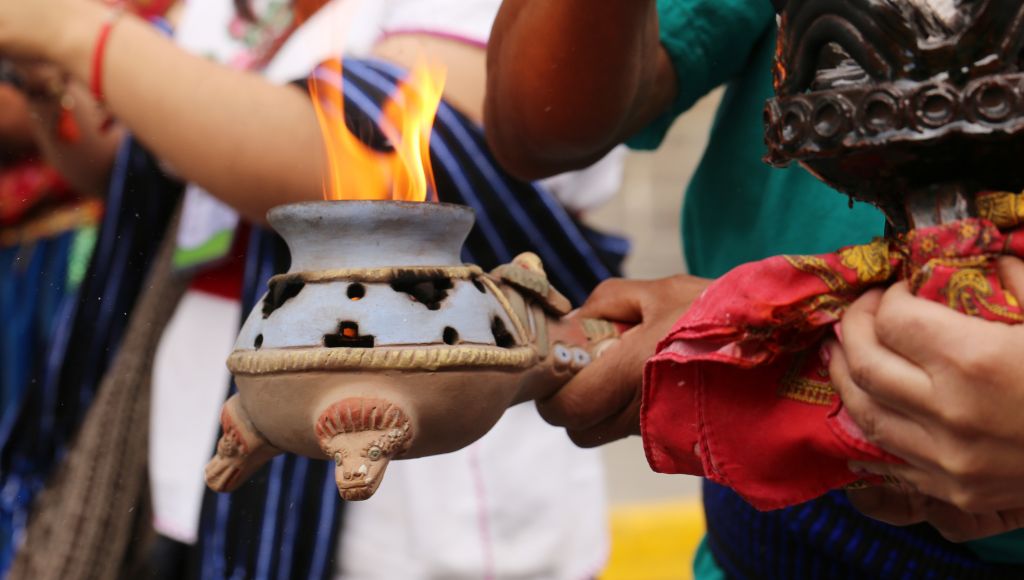Ancestry travel and heritage travel both refer to the growing phenomenon of genealogy tourism. This type of tourism focuses on tracing an individual’s family history and exploring both the country and the culture that belonged to their ancestors.
Through both personal research and DNA testing, people can trace the movements of their family members across the world throughout time. These vacations allow individuals to reconnect with their family history in a far more personal and engaging manner than simply reading historical records.
They can actually experience the architecture, language, and cuisine that color the stories passed down by their family from generation to generation. It is no surprise that genealogy tourism has seen a rise in popularity in the past few years as people seek out their roots and their connection to the past.
Coming your way in this post - click to expand ->
You may also enjoy:
Ancestry tourism definition – What it means?
Ancestry tourism refers to a form of travel designed to give people the opportunity to connect with their ancestors and their culture. Their chosen destination will allow them to experience the cultural activities, cuisine, and language that their family members would also have engaged with.
These vacations can include trips to places of religious, cultural, and historical significance or they can be more personal, with travelers choosing to visit buildings specifically tied to their relatives.

Difference between heritage or ancestry tours
While both heritage and ancestry travel come under the broad definition of genealogy tourism, there are some key differences between the two.
Heritage tourism refers to a trip tailored to explore the history of an individual’s family. Many people want to reconnect with their past by tracing their family tree and following the footsteps of their relatives.
This type of trip allows individuals to form a deeper relationship with their past by exploring their ancestor’s hometown and the places of personal significance within it, such as their place of worship, home, and school. By doing so, individuals can experience the foundations of their relatives’ lives and make their own memories in their ancestors’ hometowns.
By comparison, ancestry tourism has a wider focus. Often, people plan their ancestry travel by taking a DNA test, with recent years charting a rise in the popularity of at-home DNA testing kits. These kits only require a saliva sample to access an individual’s entire genealogical history. By testing the sample against a database, a professional genealogist can trace the movements of a person’s ancestors across the world throughout time.
This information enables people to uncover previously unknown elements of their genealogical makeup and to subsequently travel to the countries their ancestors originated from. Whether it be Scotland, Italy, or somewhere in Eastern Europe, these trips grant people the opportunity to discover the culture that shaped their relatives’ lives and, subsequently, to reconnect with the culture that has shaped them.
Types of heritage tours
There are several different options when it comes to heritage tours. People can conduct their own research or they can book a private tour with a travel agent who specializes in genealogy tourism.
Conducting family history research can initially appear overwhelming but heritage tours are an incredibly rewarding and cathartic form of vacation. The best place to start is by talking to relatives and accessing historical records.
It can also be helpful to create a family tree to keep track of different relations. This research can lead individuals to discover the exact town their family resided in and to even uncover their ancestral home.
There are also countless companies that offer private tours for heritage tourists. Before the trip, travelers will need to provide professional researchers with details of their family history, such as family trees and photos from their family archives.
With this information and the assistance of local historical experts, travel agents can then create personalized itineraries. These private tours give people insight into their family’s past without them having to conduct the research themselves.

Ancestry tourism destinations
Given that ancestry tourism refers to trips to destinations connected to an individual’s religious, ethnic, or cultural history, rather than their specific family history, there are several popular destinations for ancestry tourists.
Popular locations include Scotland, Germany, and Italy. As continents with a plethora of rich history and cultural significance, many people also choose to visit a destination in Africa or Asia. A trip to one of these countries can strengthen a person’s connection with their roots while they embark on an adventure through their genealogy.
Resources for planning your own ancestral tour
- The best place for genealogy tourists to start is by talking to their family members. This will give you a general understanding of your genealogy.
- The next step is to acquire your genealogical records by completing a DNA test. There are several different at-home test kits available online.
- When you have your results, you can begin to trace your roots across the world and discover the countries you have ancestral ties to.
- Before you begin to book your trip, consider what is important to you. Do you want to visit areas of religious significance? Or do you want to immerse yourself in the local culture by participating in a festival?
- Making this decision will determine whether you adventure to remote towns and villages or if you instead explore the bustling capital city of your country of choice. If you are eager to discover a building connected to your family, genealogy tourism experts recommend that you search census records and newspapers.
- With your destination selected, you can start to plan the details of your trip. There is an abundance of tour groups available in place of genealogical significance that can guide you through the area or, on the other hand, you can explore at your own pace.

FAQs
What are examples of ancestry tourism?
One example is an American with Irish ancestors traveling to County Cork, which is one of the most common departure points for Irish emigrants in the nineteenth century.
What is the role of genealogy tourism?
This type of tourism allows people to reconnect with their roots, thereby promoting cultural pride and cross-cultural communication. It also stimulates investment in areas of cultural significance.
What is the meaning of heritage?
Heritage encapsulates the traditions, artifacts, and language of a particular culture.
Final thoughts
Genealogy tourism is the most exciting and effective way to connect to your roots and to better understand your past, from your parents to relations who were alive centuries ago. Whether you choose to embark on a heritage tour tailored to your specific family history or explore a place of religious or cultural significance to you, it is a journey you will remember for the rest of your life. Both heritage and ancestral tourism can guide you through time and grant you a better understanding of yourself.
